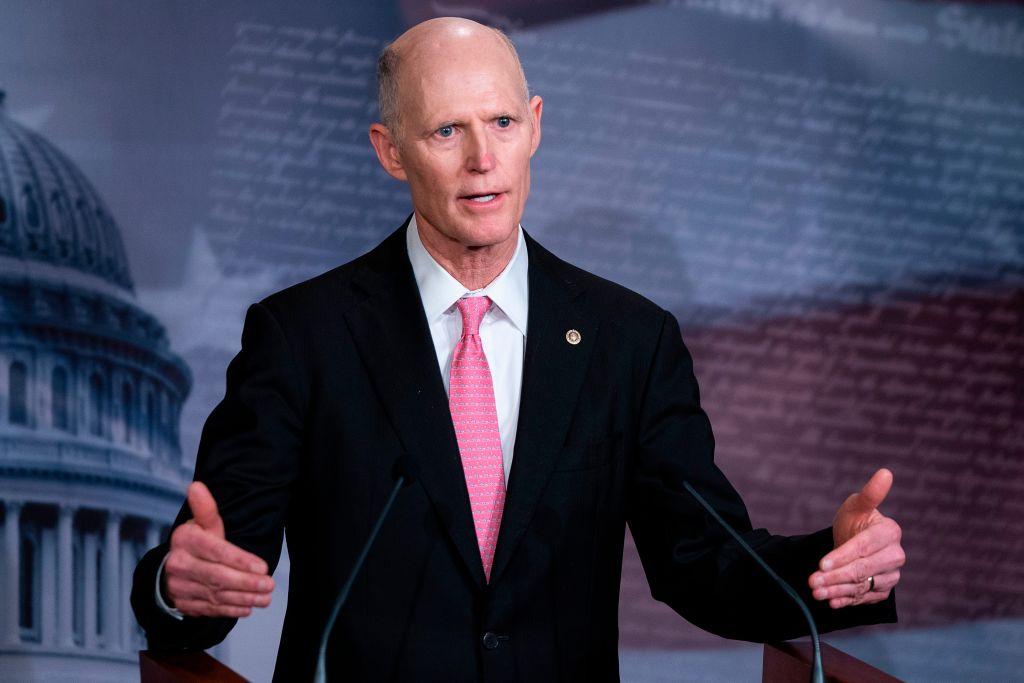Senators Rick Scott (R-Fla.) and Marsha Blackburn (R-Tenn.) have introduced a new bill aimed at holding Beijing accountable for its treatment of American journalists who work in China.
The measure, called the Chinese-Backed Media Accountability Act (S.4797), would stop journalists working for nine Chinese state media outlets named by the U.S. State Department as “foreign missions,” from obtaining a new visa or renewing their visa.





